Metabolism Ignition: Foods That Naturally Fire Up Your Energy
When your energy dips, it’s not just about willpower—it’s often about metabolism. This internal engine powers everything from how quickly you burn calories to how energized (or exhausted) you feel throughout the day. While age and genetics play a role, what you eat can make or break your metabolic momentum. The good news? You don’t need exotic powders or expensive supplements to fuel your fire. We’ve expanded our guide to 17 metabolism-boosting foods that are not only backed by science but also easy to find and simple to enjoy. These aren’t fads—they’re everyday ingredients that can help you feel more alert, burn more efficiently, and stay energized from morning to night. Whether you’re aiming to lose weight, break through an energy slump, or simply give your body a smarter fuel source, this list is your no-nonsense starting point. Let’s dig in and turn your food into fuel.
1. Green Tea: A Metabolic Miracle

Green tea has long been celebrated for its health benefits, and its ability to boost metabolism is no exception. Rich in antioxidants called catechins, green tea can enhance fat oxidation and improve insulin sensitivity. Studies suggest that drinking green tea regularly can increase metabolic rate by 4-5%, translating to an additional 70-100 calories burned per day. This effect is primarily attributed to the presence of epigallocatechin gallate (EGCG), a powerful compound that aids in fat burning. Moreover, the caffeine content in green tea provides a mild stimulant effect, further enhancing energy levels and promoting alertness. Incorporating green tea into your daily routine can be as simple as swapping your usual morning coffee with a cup of this refreshing beverage or enjoying it as a mid-afternoon pick-me-up.
2. Chili Peppers: Spice Up Your Metabolism
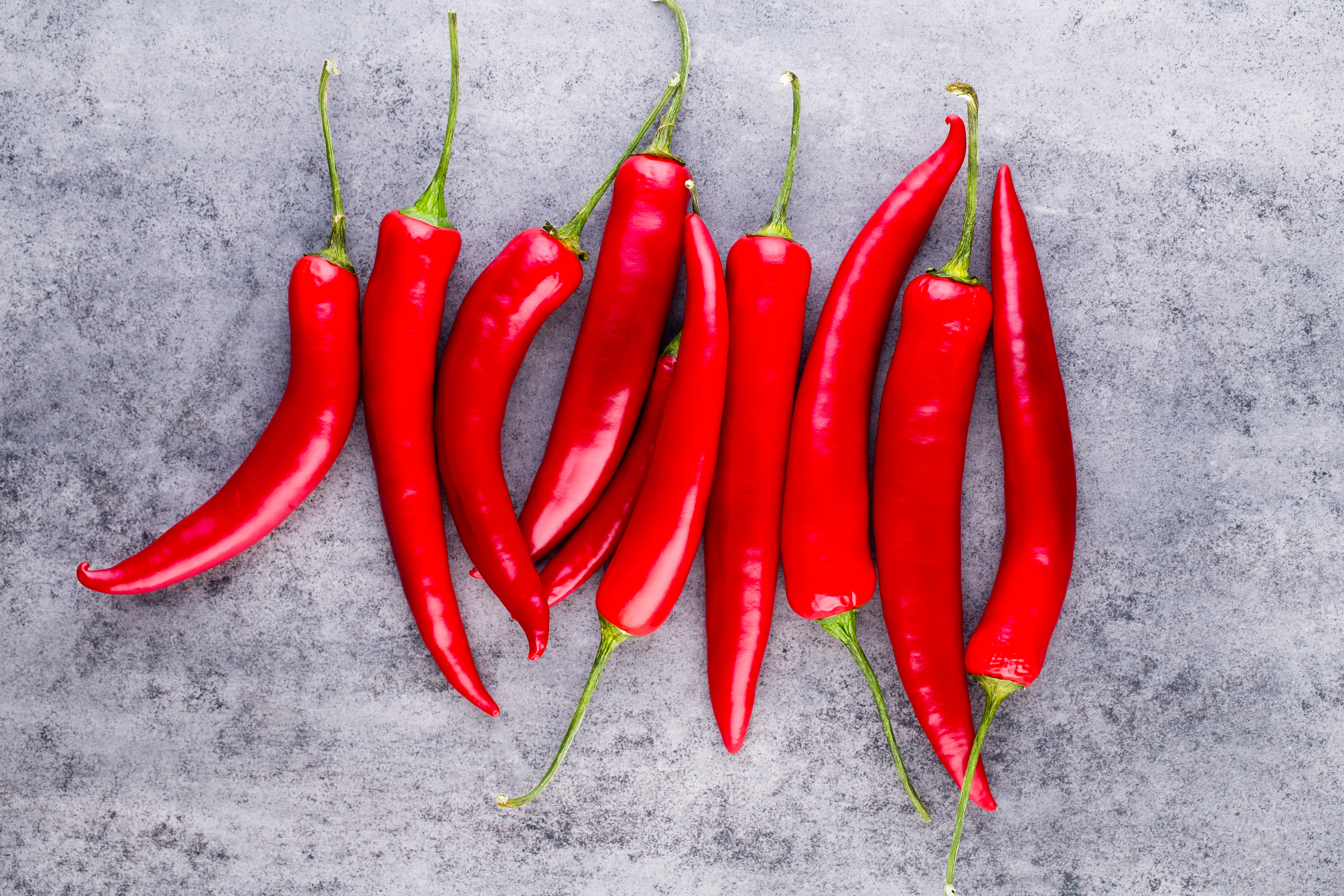
Chili peppers are a fiery addition to any diet, known for their ability to ignite metabolism through the compound capsaicin. Capsaicin increases the body's heat production, a process known as thermogenesis, which can help burn more calories. Research indicates that consuming chili peppers can boost metabolic rate by up to 8% for a short period after eating. This thermogenic effect, coupled with the peppers' ability to reduce appetite, makes them a potent ally in weight management. Beyond their metabolic benefits, chili peppers are rich in vitamins A and C, supporting overall health and immunity. Adding a dash of chili flakes to your meals or incorporating fresh peppers into your dishes can provide a flavorful way to enhance your metabolism.
3. Lean Proteins: The Building Blocks of Energy

Lean proteins, such as chicken, turkey, and fish, are essential for maintaining muscle mass, which in turn keeps your metabolism running efficiently. The thermic effect of food (TEF) is the increase in metabolic rate after eating, and protein has the highest TEF of all macronutrients. This means that your body burns more calories digesting proteins compared to fats or carbohydrates. Consuming adequate protein helps preserve muscle mass, especially during weight loss, ensuring that your body continues to burn calories at a higher rate. Additionally, proteins are crucial for repairing and building tissues, supporting immune function, and producing hormones. Incorporating lean proteins into your meals can be as simple as choosing grilled chicken over fried, or opting for fish like salmon, which offers the added benefit of omega-3 fatty acids.
4. Whole Grains: Sustained Energy Release
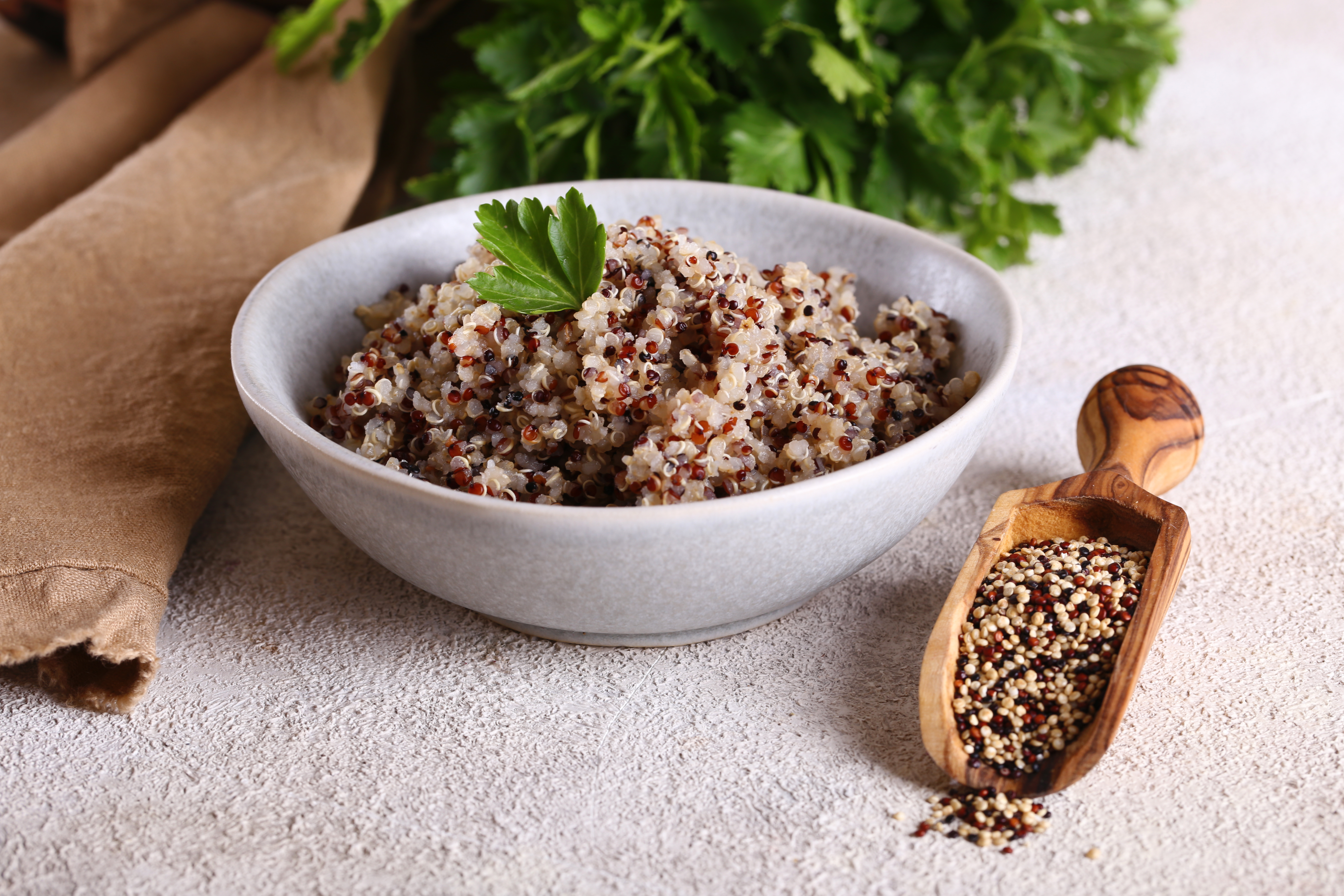
Whole grains, such as oats, quinoa, and brown rice, are excellent sources of complex carbohydrates that provide a steady release of energy. Unlike refined grains, which can cause spikes and crashes in blood sugar levels, whole grains are digested slowly, keeping you satiated and energized for longer periods. They are rich in fiber, which not only aids digestion but also enhances the thermic effect of food, slightly boosting metabolism. Whole grains are also packed with essential nutrients like B vitamins, which play a crucial role in energy production and brain function. By choosing whole grains over their refined counterparts, you can improve your metabolic health and enjoy sustained energy throughout the day. Consider starting your day with a bowl of oatmeal or swapping white rice for quinoa in your meals.
5. Berries: Nature's Sweet Metabolic Boosters
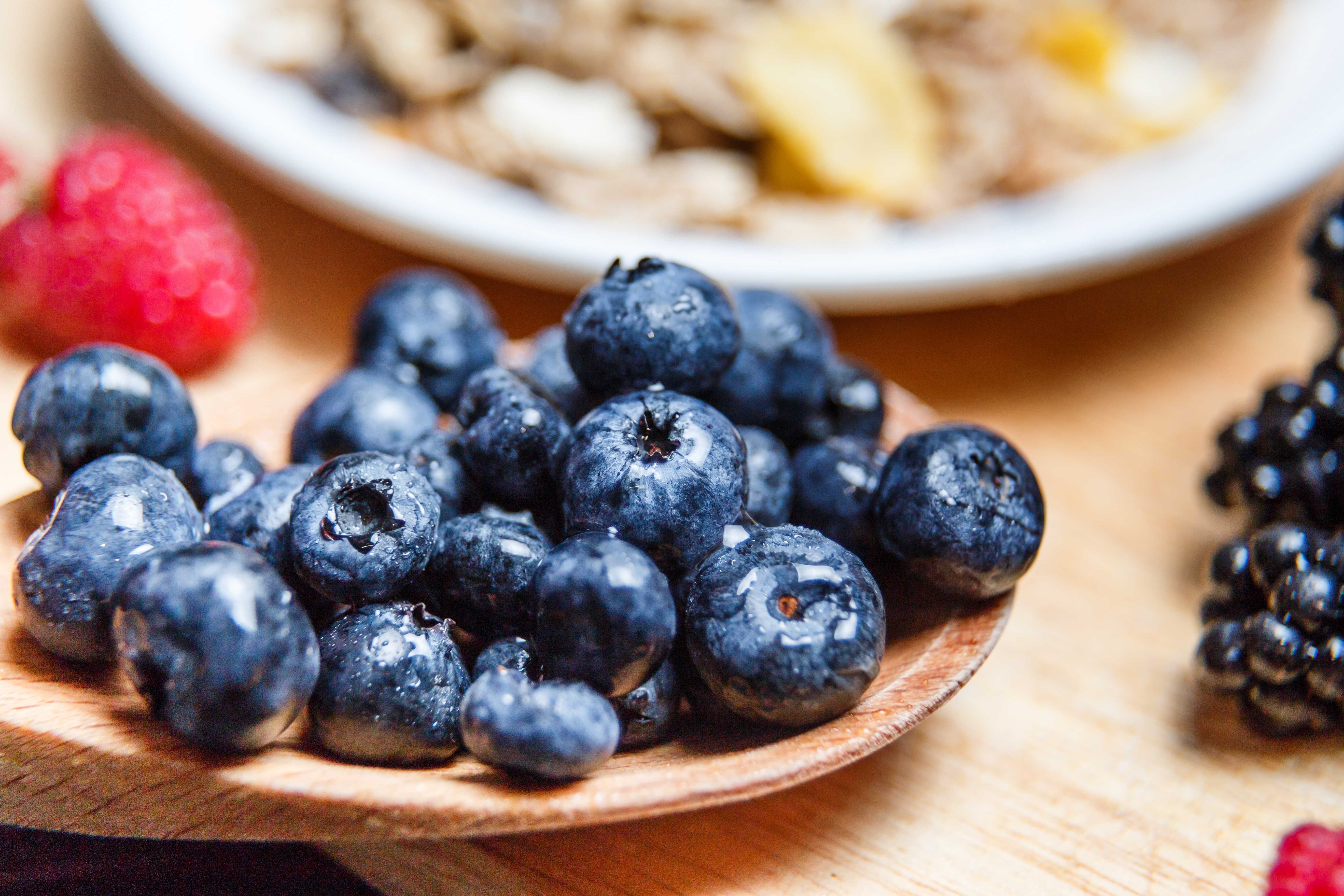
Berries, including blueberries, strawberries, and raspberries, are not only delicious but also packed with antioxidants and fiber. These small fruits are low in calories yet high in nutrients, making them an ideal choice for boosting metabolism. The fiber content in berries helps regulate blood sugar levels and promotes satiety, preventing overeating. Additionally, berries are rich in polyphenols, which have been shown to enhance fat metabolism and increase energy expenditure. The antioxidants in berries also combat oxidative stress, reducing inflammation and supporting overall metabolic health. Incorporating berries into your diet can be as simple as adding them to your morning yogurt, blending them into smoothies, or enjoying them as a fresh snack.
6. Nuts and Seeds: Tiny Powerhouses of Energy

Nuts and seeds, such as almonds, walnuts, chia seeds, and flaxseeds, are nutrient-dense foods that provide a significant energy boost. Rich in healthy fats, protein, and fiber, they offer a balanced source of energy that can keep you feeling full and satisfied. The healthy fats in nuts and seeds, particularly omega-3 fatty acids, support heart health and enhance metabolism by promoting fat oxidation. Furthermore, the protein content in these foods contributes to muscle maintenance and repair, essential for a healthy metabolic rate. Nuts and seeds are also excellent sources of magnesium, a mineral that plays a critical role in energy production and enzyme function. Enjoy a handful of nuts as a snack, sprinkle seeds on your salad, or blend them into your smoothies for a nutritious and energizing addition to your diet.
7. Avocados: Creamy Metabolic Enhancers
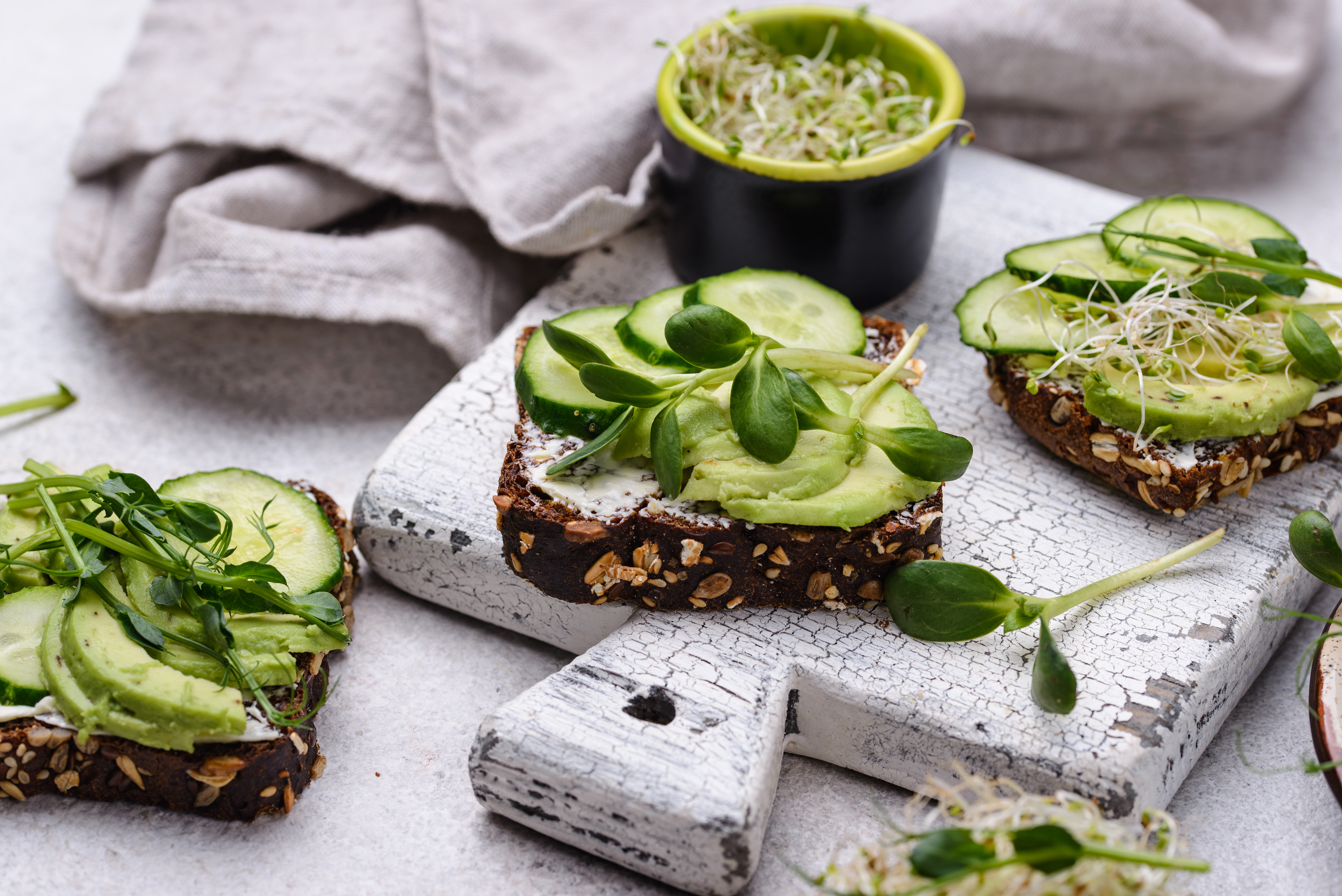
Avocados are a unique fruit, celebrated for their creamy texture and rich nutrient profile. They are high in monounsaturated fats, which have been shown to improve metabolic health by reducing bad cholesterol levels and enhancing fat burning. Avocados are also a good source of fiber, promoting satiety and aiding digestion. The presence of potassium in avocados supports muscle function and fluid balance, crucial for maintaining energy levels. Additionally, avocados contain B vitamins, which are essential for energy production and brain health. Incorporating avocados into your diet can be as simple as adding slices to your salad, spreading them on toast, or blending them into a creamy smoothie.
8. Greek Yogurt: A Probiotic Metabolism Booster
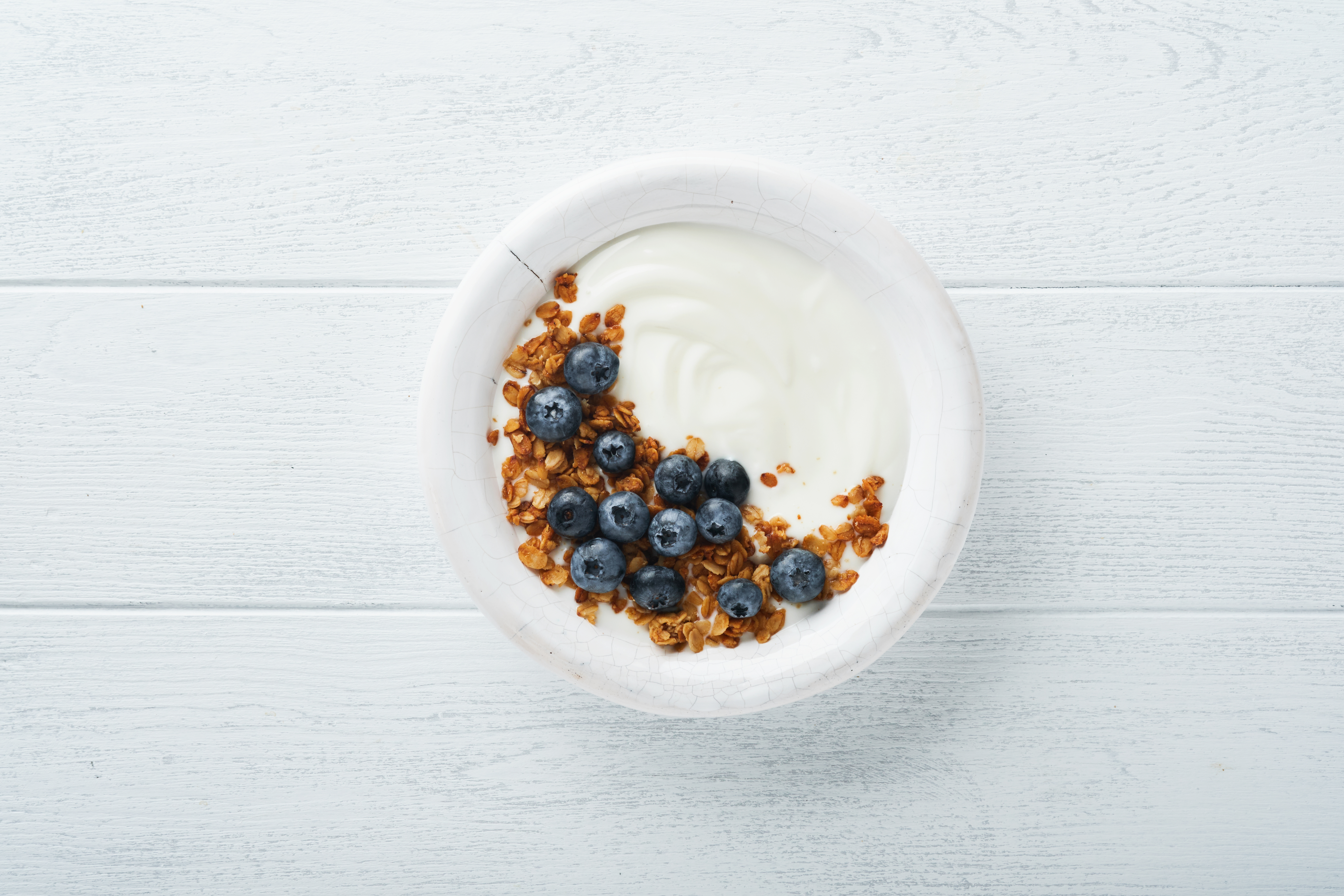
Greek yogurt is a versatile food that offers numerous health benefits, particularly for metabolism. It is rich in protein, which supports muscle maintenance and increases the thermic effect of food, boosting calorie burn. Greek yogurt is also a source of probiotics, beneficial bacteria that promote gut health and enhance nutrient absorption. A healthy gut microbiome is linked to improved metabolism and energy levels, making Greek yogurt an excellent addition to your diet. Furthermore, Greek yogurt contains calcium, which has been associated with fat metabolism and weight management. Enjoy Greek yogurt as a snack, mix it with berries for added antioxidants, or use it as a base for smoothies and dips.
9. Citrus Fruits: Zesty Metabolic Revitalizers

Citrus fruits, such as oranges, lemons, and grapefruits, are not only refreshing but also packed with vitamin C and antioxidants. Vitamin C plays a crucial role in the synthesis of carnitine, a compound that helps convert fat into energy. This process can enhance fat metabolism and support weight management. Citrus fruits are also high in water content, promoting hydration and aiding digestion. The natural sugars in citrus fruits provide a quick energy boost, while the fiber content helps regulate blood sugar levels. Incorporating citrus fruits into your diet can be as simple as enjoying a glass of fresh orange juice in the morning, adding lemon slices to your water, or snacking on grapefruit segments.
10. Leafy Greens: Nutrient-Dense Metabolic Boosters
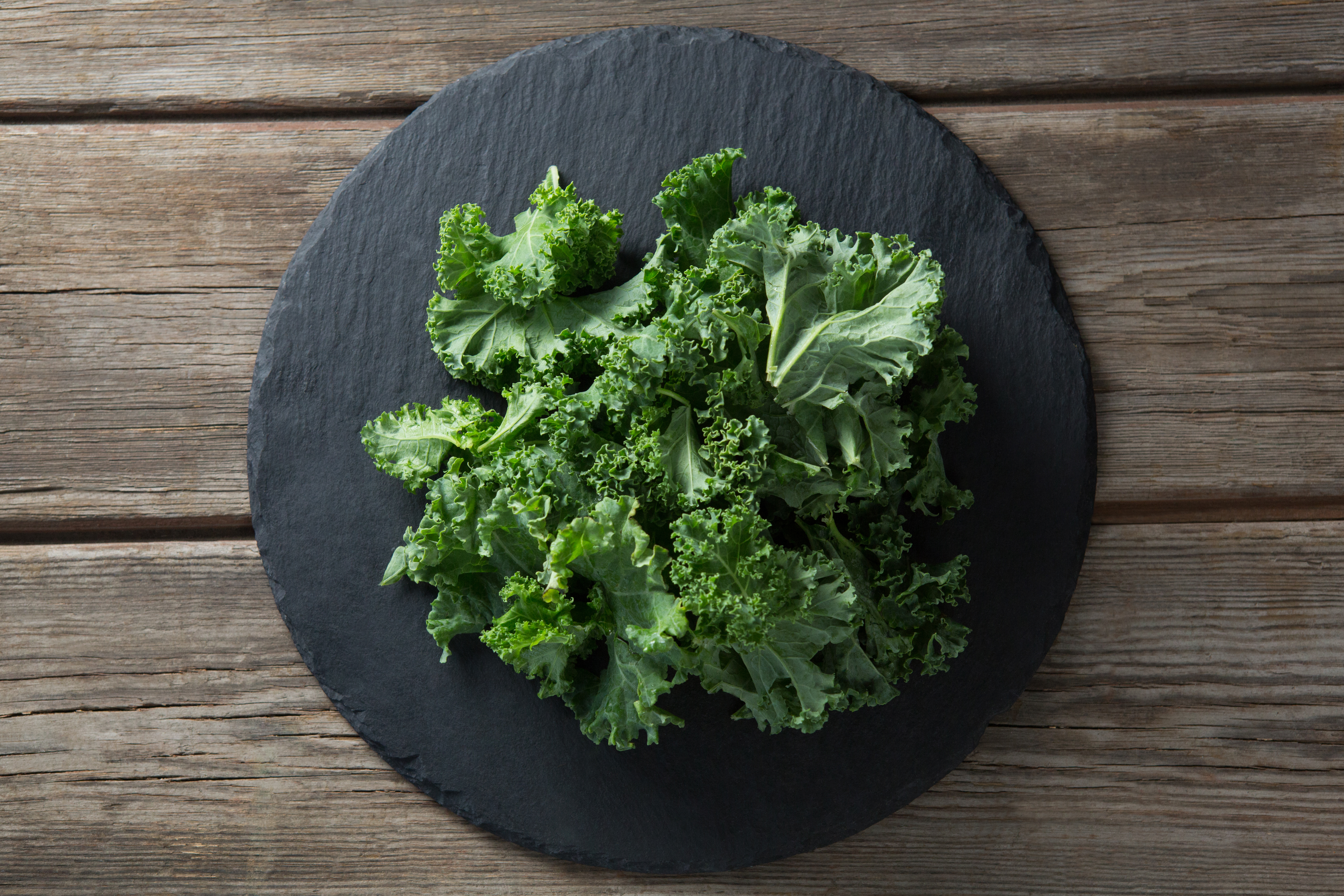
Leafy greens, such as spinach, kale, and Swiss chard, are nutritional powerhouses that support metabolism and overall health. They are low in calories yet rich in vitamins, minerals, and antioxidants, making them an excellent choice for weight management. Leafy greens are high in iron, which is essential for oxygen transport and energy production. They also contain magnesium, a mineral that supports enzyme function and metabolic processes. The fiber content in leafy greens aids digestion and promotes satiety, helping you maintain a healthy weight. Incorporate leafy greens into your diet by adding them to salads, blending them into smoothies, or sautéing them as a side dish.
11. Coffee: A Natural Metabolic Stimulator

Coffee is a popular beverage known for its stimulating effects, primarily due to its caffeine content. Caffeine can increase metabolic rate by 3-11%, enhancing fat oxidation and promoting weight loss. It also improves mental alertness and physical performance, making it a valuable tool for boosting energy levels. Coffee contains antioxidants, which combat oxidative stress and support overall health. However, moderation is key, as excessive caffeine consumption can lead to negative side effects such as anxiety and insomnia. Enjoy a cup of coffee in the morning or before a workout to maximize its metabolic benefits, but be mindful of your caffeine intake throughout the day.
12. Ginger: A Warming Metabolic Ally
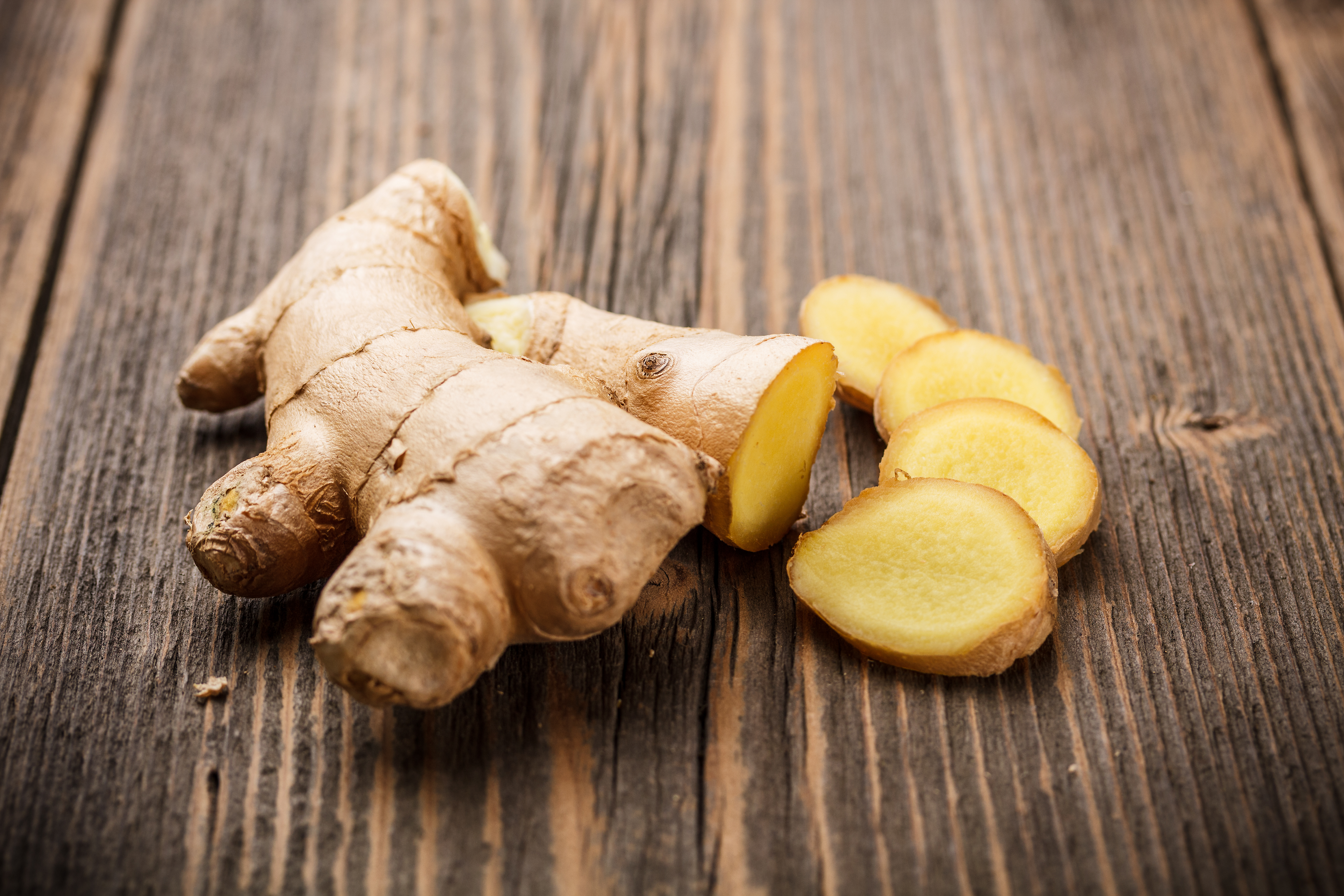
Ginger is a versatile spice known for its warming properties and numerous health benefits. It contains compounds called gingerols and shogaols, which have been shown to increase metabolic rate and enhance fat burning. Ginger also aids digestion by stimulating the production of digestive enzymes, promoting nutrient absorption and reducing bloating. Its anti-inflammatory properties support overall health and can alleviate muscle soreness, making it a valuable addition to an active lifestyle. Incorporate ginger into your diet by adding it to teas, smoothies, or stir-fries, or enjoy it as a warming ginger shot for a quick metabolic boost.
13. Apple Cider Vinegar: The Tangy Thermogenic
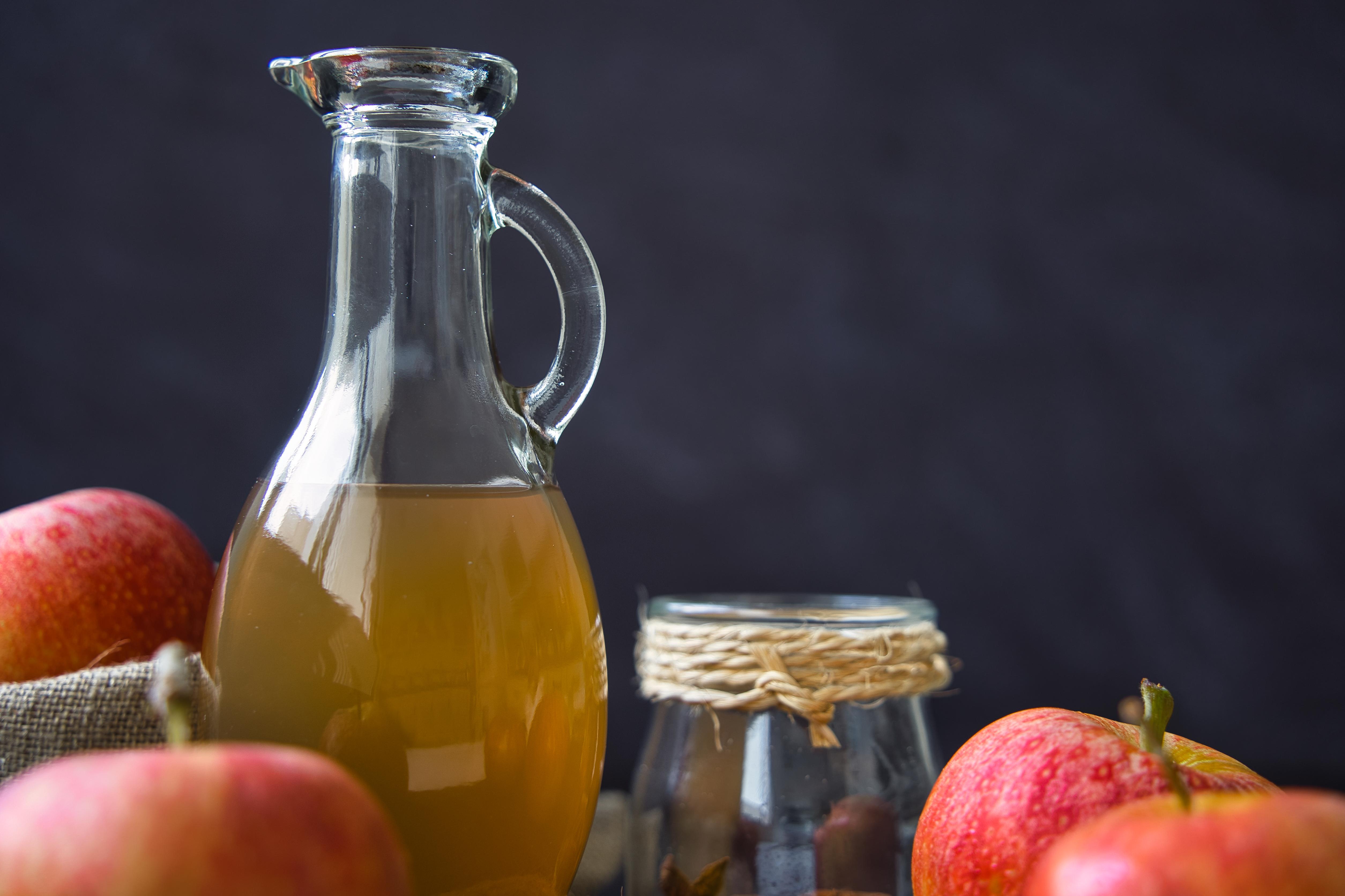
Apple cider vinegar (ACV) may be best known for digestion, but it also plays a quiet role in boosting metabolism. The acetic acid in ACV helps regulate blood sugar levels, improve insulin sensitivity, and increase the enzyme AMPK—a cellular energy regulator that encourages fat burning. Some studies suggest that ACV may also slightly increase satiety, helping reduce overall calorie intake. While it’s not a miracle cure, incorporating a tablespoon of raw, unfiltered ACV into your daily routine—diluted in water or used in dressings—can be a small but impactful nudge toward a healthier metabolic rhythm.
14. Watermelon: Hydration Meets Fat-Burning
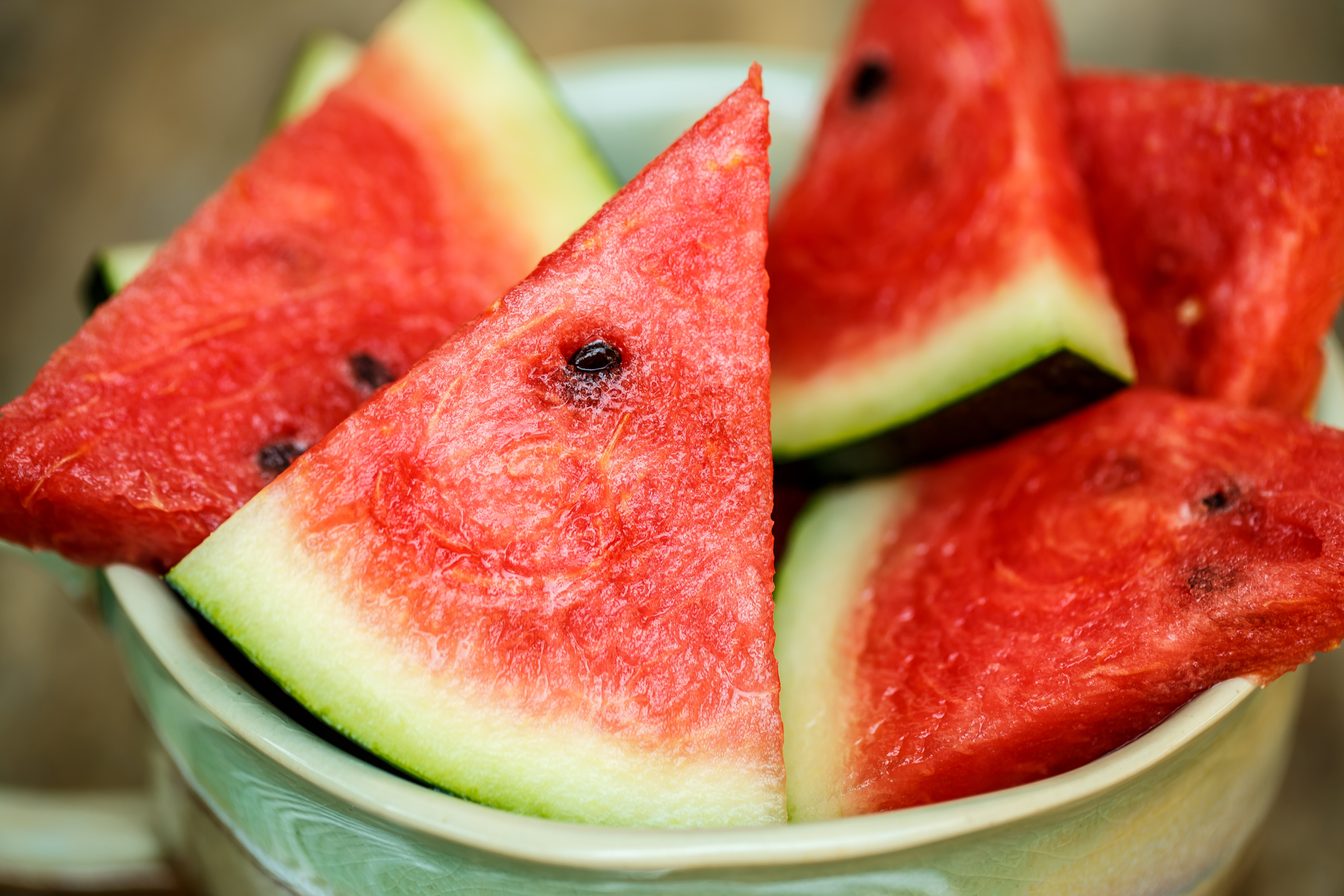
Don’t let the sweetness fool you—watermelon is a metabolism-friendly fruit, especially in warmer months. It’s packed with L-citrulline, an amino acid that supports blood flow and may help reduce muscle fatigue, aiding in post-workout recovery. Its high water content helps keep you hydrated, which is essential since even mild dehydration can slow metabolism. Watermelon also contains antioxidants like lycopene that support cellular health and reduce inflammation. Enjoy it as a hydrating snack, toss it into summer salads, or blend into a post-exercise smoothie for a refreshing, metabolism-supporting boost that feels more like a treat than a health food.
15. Seaweed: The Iodine-Rich Metabolism Trigger

Seaweed isn’t just a sushi sidekick—it’s a metabolism-boosting powerhouse thanks to its iodine content, which supports healthy thyroid function. Your thyroid is the command center for metabolic regulation, and a sluggish thyroid can lead to fatigue, weight gain, and slowed calorie burn. Seaweed varieties like nori, wakame, and kelp offer a natural dose of iodine, along with antioxidants, fiber, and minerals like magnesium and calcium. Just a few sheets or a sprinkle of dried seaweed flakes can help support your body’s metabolic rhythm. Add it to soups, salads, or rice bowls for a subtle umami flavor with major metabolic impact.
16. Black Beans: Slow Burn, Long Power
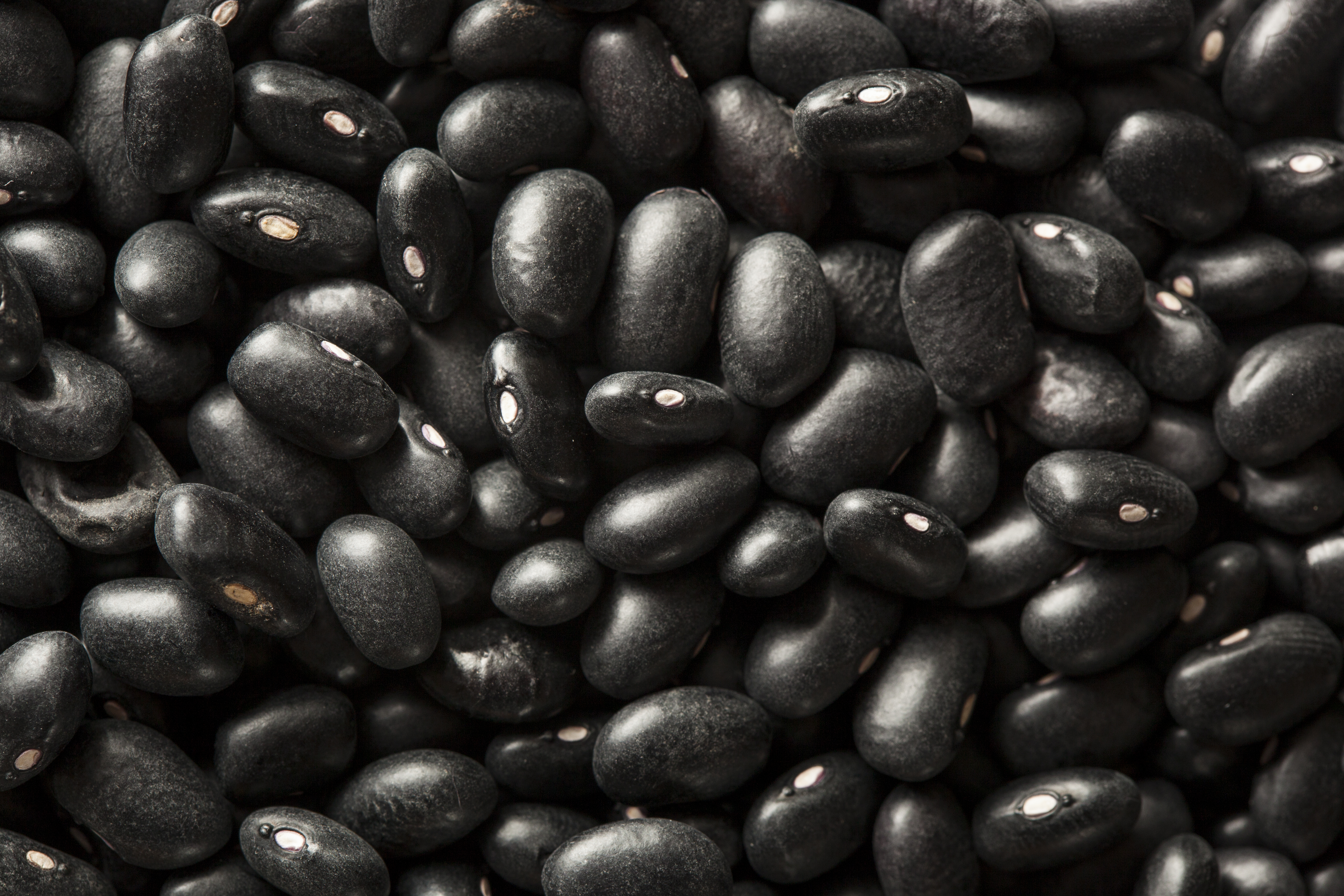
Black beans are more than a plant-based protein—they’re slow-digesting complex carbs that help stabilize blood sugar and sustain energy for hours. High in both fiber and protein, they trigger the thermic effect of food and keep you full longer, which naturally curbs overeating. They also contain resistant starch, which feeds beneficial gut bacteria and promotes a healthy microbiome—a growing factor in metabolic health. Black beans are also rich in iron and magnesium, both crucial for energy production. Whether in chili, tacos, or tossed into grain bowls, they’re an easy way to nourish your metabolism and keep your energy steady.
17. Turmeric: The Golden Anti-Inflammatory Edge
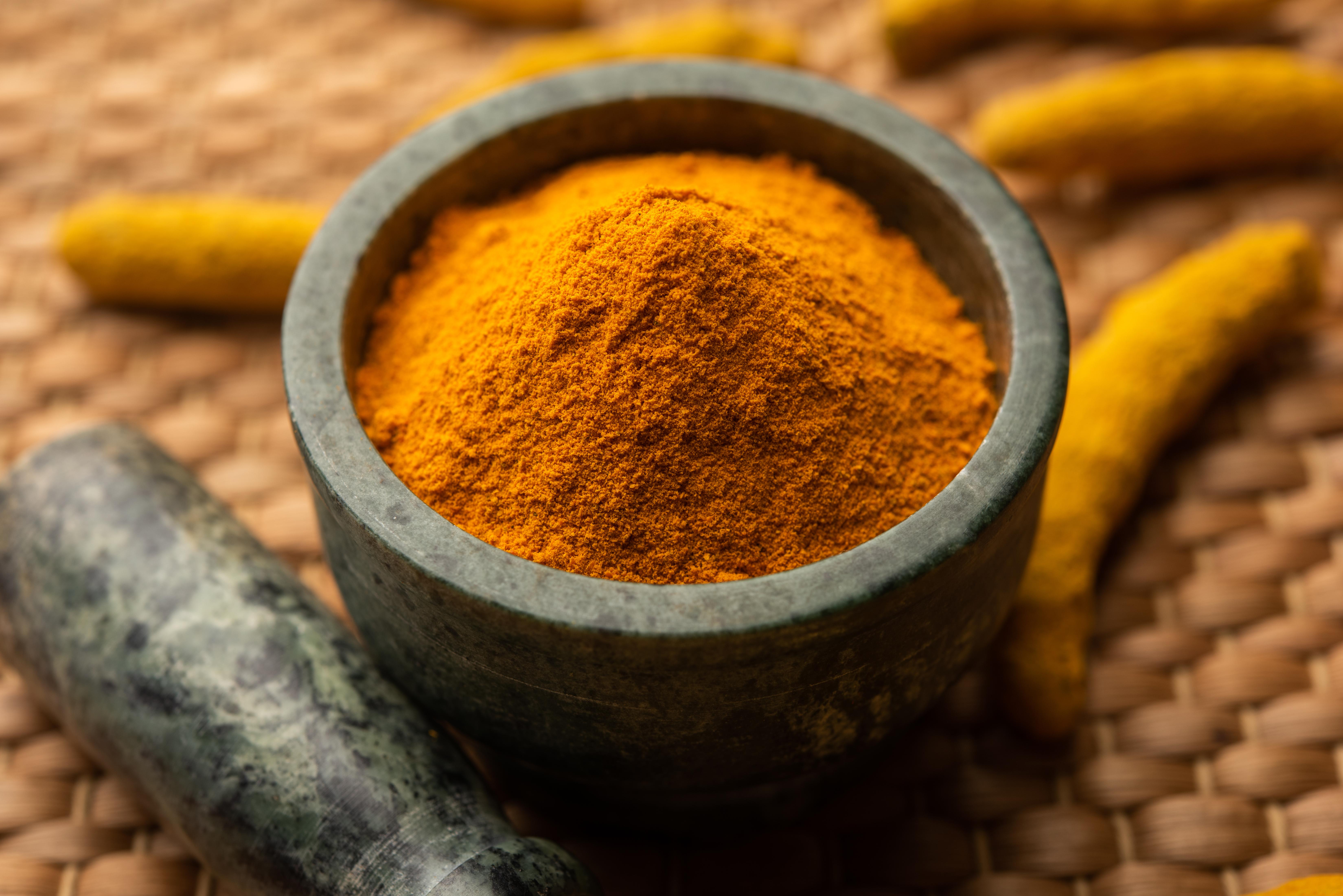
Turmeric contains curcumin, a compound known for its potent anti-inflammatory and antioxidant properties. Chronic inflammation can impair metabolism and slow down the body’s ability to burn fat efficiently. Curcumin may help counteract this by reducing systemic inflammation and supporting insulin sensitivity. It’s also been linked to improved liver function, which plays a vital role in metabolizing fats and sugars. Pair turmeric with black pepper to enhance absorption, and add it to curries, teas, or golden milk for a warm, earthy boost. Over time, this vibrant spice can help shift your internal environment toward more efficient energy processing.
Fuel Better, Burn Smarter
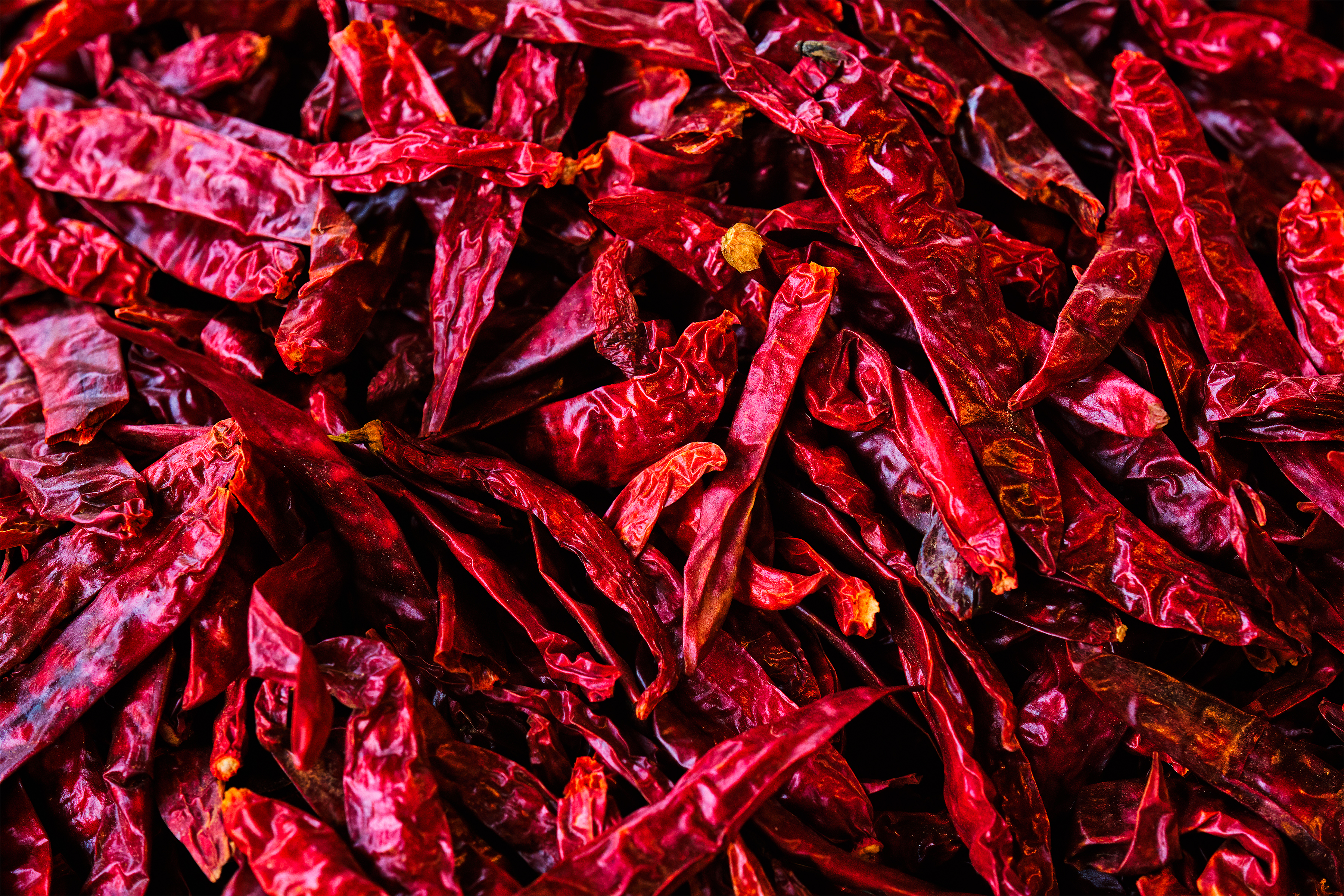
Metabolism isn’t magic—it’s momentum. And the right foods can quietly, powerfully tip the scale in your favor. From spicy peppers and protein-packed staples to iodine-rich seaweed and antioxidant-loaded berries, each item on this list does more than just “burn calories.” They help your body operate at peak efficiency—balancing hormones, supporting digestion, feeding your microbiome, and sustaining energy. The best part? None of these require a fancy supplement or drastic diet. They’re simple, accessible, and built to work with your biology. So whether you’re chasing more energy, better focus, or sustainable weight management, start with what’s on your plate. Small changes add up, and each choice you make can stoke the internal fire that fuels your life. Because the real secret to a faster metabolism isn’t speed—it’s consistency. Eat well, move smart, and let your food do the heavy lifting behind the scenes. Your body’s ready. Let’s go.